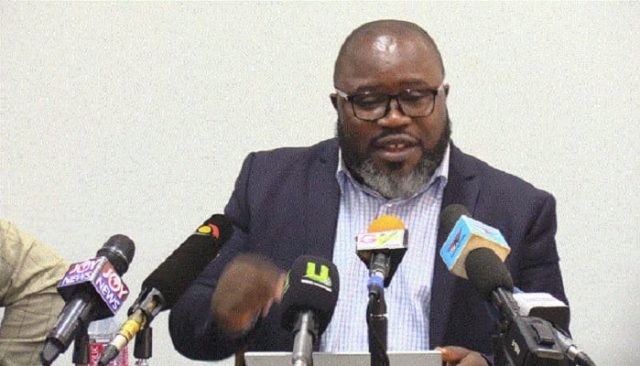Education think tank, Africa Education Watch (EduWatch), has discovered that the government only absolved 23 percent of the total cost originally incurred by parents under the fee-paying system following the introduction of the Free Senior High School policy in 2017.
The data, according to EduWatch, suggests students from low-income households are unable to cover the remaining 77 percent to be fully enrolled in high schools.
Speaking on its recent research, the Executive Director of EduWatch, Kofi Asare, underscored that equity has been key for the government.
“If you compare the year before the introduction of the Free Senior High School programme to the year in which free senior high school was introduced moving forward, you will realise that the government absolved 23 percent of the cost of secondary education originally borne by parents during the fee-paying era,” Kofi Asare told Alfred Ocansey on Ghana Tonight on Monday, February 26.
According to him, the government, under the Free SHS policy, is helping parents share the cost of secondary education by “taking only 23 percent of the cost that was originally borne by parents”.
The result shows that parents are still covering the remaining 77 percent of the cost for their wards under the programme.

Kofi Asare also indicated that between 2019 and 2022, over 194,000 candidates who were placed in the various senior high schools across the country were not able to go at the first instance. This number of students did not honor their admission in the first year after being placed in the schools.
“We admit that in 2023 the number declined significantly to about seven thousand or so”, he said, emphasising that such a significant number of students being unable to enroll would mean that the government absolving only 23 percent is not enough to eradicate the financial burdens on low-income households.
Against this backdrop, EduWatch has suggested that the government should target households with low-income parents.
He maintained that students from households whose annual income is below eight thousand Ghana cedis will find it challenging to cover the remaining 77 percent of the cost of secondary education.
Read more:
EduWatch further urged the government to target low-income households as part of the review process of the free SHS policy to realise its aim of lessening the financial burden on such parents.
He said the government should be “purposeful in the face of resource constraints” to reduce the average expenditure on both high and middle-income households, suggesting that “parents opting for boarding for their wards should pay”.

According to him, this will help the government deliberately increase the amount it spends on students from low-income households.
The Free Senior High School policy was under scrutiny on the “Manifesto Check” segment on Ghana Tonight on Monday, February 26.

















